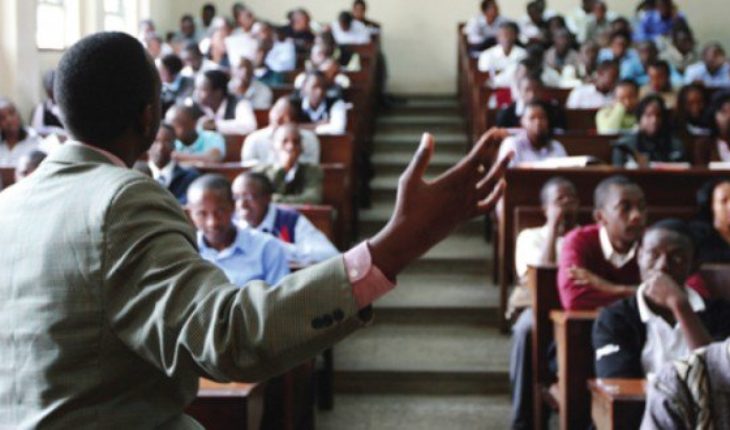Troubled varsities
A SERAP report exposes the corruption underbellies in our higher institutions
An unrelieved litany of woes: That, in sum, is what emerges from the report issued last week by the non-governmental organisation Socio-Economic Rights and Accountability Project (SERAP) on the condition of Nigerian universities.
In the main, it speaks of how corruption has stripped down the universities and “stolen the future” for which they are supposed to be preparing their wards, and how malpractices have been entrenched by a culture that neither investigates allegations thoroughly nor punishes substantiated malfeasance.
The 58-page comprehensive report, produced with funding support from the MacArthur Foundation, presented to the media by Bolajoko Dixon-Ogbechi, an associate professor of Business Administration at the University of Lagos, identified practices that call into question not just the integrity of the university system but the very purpose of the university.
According to the report, the system is rife with recruitment of marginally qualified or totally unsuitable persons to fill administrative and faculty positions, absenteeism and dereliction of duty, cronyism, issuance of fake transcripts, contract inflation, irregularities in student admissions, short-circuiting of procedure, bribery, intimidation, interference by political officials, falsification of results, arbitrary disposal of university assets, sexual harassment, laxity in proctoring examinations, and nepotism, and executing personal projects with official funds.
Official Visitations to federal universities have highlighted many of these issues time and again. It is a measure of the stubborn persistence of those same issues that SERAP found it necessary to dwell on them so copiously in its report.
However, it is necessary to enter some caveats.
Only two of more than 40 federal universities figure in the report: the University of Lagos – and not even the university proper, but its College of Medicine — and Ahmadu Bello University, Zaria, substituted for the University of Abuja in the original design because the latter was on vacation.
The findings may well be indicative of the problem with federal universities but they are by no means conclusive. A wider study may well come up with a more nuanced report, or one that may exculpate or censure more strongly some of the universities.
Just how much access to the various constituencies of the universities in the study, and to financial statements, official records of meetings of key academic and administrative bodies? How representative of these constituencies are the parties it interrogated?
SERAP says it employed questionnaires, personal interviews and observation techniques, as well as random and convenience sampling, to gather data from relevant staff and students at the two selected federal universities. A sample of 1,500 respondents comprising of 900 students, 300 academic and 300 non-academic staff.
A response rate would have helped in evaluating how representative the data was. It should also be kept in mind that those disaffected with the system for one reason or another are usually the most likely to respond in studies of this nature, even when controls are built into the design. Convenience samples, such as were employed in part for the study, rarely conduce to reliable findings.
But even with these caveats, the SERAP report deserves close official scrutiny.
As was noted by the senior attorney Femi Falana at the presentation of the report, former vice chancellors of three federal universities are currently standing trial on fraud charges. Also, credible intimations of serious fraud have been uncovered at the Joint Admissions and Matriculation Board (JAMB), an important affiliate of the university system.
Overall, then, there is sufficient concern to warrant a comprehensive Visitation to the federal university system and allied institutions.
Credit: The Nation.

